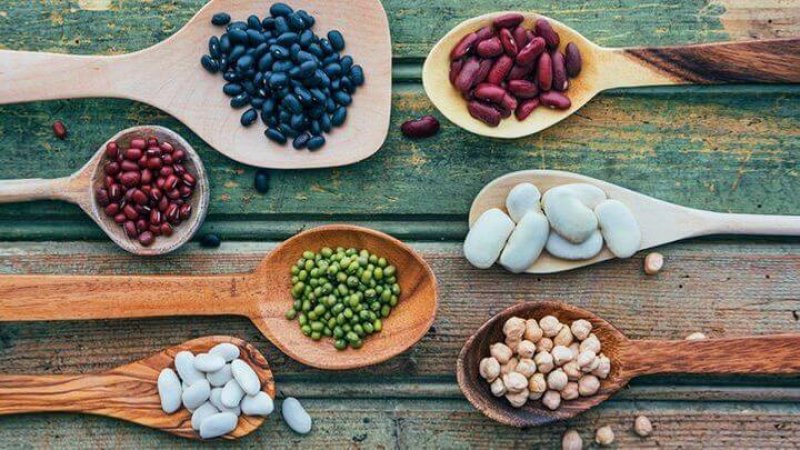A new review paper, published in Advances in Nutrition, draws together the existing science of how climate change threatens staple grains, fruits, vegetables, and nuts across the world, while also underscoring the significant need for further research. The team of public health researchers from John Hopkins Bloomberg School of Public Health and the Children’s Investment Fund Foundation in London conclude that climate change—including the combined impacts of rising temperature and carbon dioxide, rising sea levels, and climate disasters—will cause crop yields, or the amount of food we can produce on the planet, to fall. The authors project that this could trigger increased spikes in food prices, deepening food insecurity and micronutrient deficiencies.
The researchers found that foods rich in micronutrients—particularly vitamin A, zinc, and iron—will see decreased yields, especially threatening the staple food and nutrient supply of low- and middle-income countries. While unable to draw more nuanced conclusions, [researcher Martin] Bloem says “there’s enough evidence that we need to [turn to] solutions.”
Already, over 2 billion people, or 30 percent of the global population, suffer from micronutrient deficiencies, a major cause of death and disease, and the authors project this will likely worsen.































